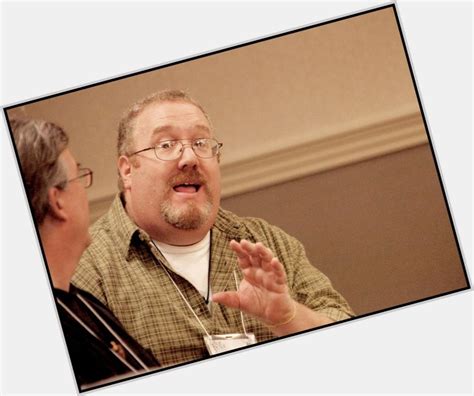A Quote by Mahatma Gandhi
I cannot imagine anything nobler or more national than that for, say, one hour in the day we should all do the labor the poor must do, and thus identify ourselves with them and through them, with all mankind.
Related Quotes
At a certain age your parents seem like the most embarrassing thing on the whole entire planet, and you want to be nowhere near them. But at the end of the day, you know that you can't literally do anything without them. You love your parents through and through, and they love you probably even more than you could ever imagine until you're a parent yourself.
Nothing is more debilitating than to care about something you can't do anything about. And you can't do anything about your adult children. You can want better for them, and maybe even begin to provide something for them, but in the long run, you cannot do anything about someone else's vibration other than hold them in the best light you can, mentally, and then project that to them. And sometimes, distance makes that much more possible than being up close to them.
We say that the hour of death cannot be forecast, but when we say this we imagine that hour as placed in an obscure and distant future. It never occurs to us that it has any connection with the day already begun or that death could arrive this same afternoon, this afternoon which is so certain and which has every hour filled in advance.
The hours must be endured and those who cannot do so in life will most surely do so in death. You say you cannot face them? Life's joys and pains both? You shall find them waiting for you, a world of ignored moments there to be explored. Then shall you know how long an hour can be, shall feel the awful depth and restlessness of even a single day, and all the days you fled from life while you were alive.
Funny bones, to me, are more important than funny lines. If a comedian is just not likable and doing the lines, you could read them yourself. Whereas if someone [you like] shambles out, and they tell you what a bad day they've had, they don't have to say anything. I love them. I want to hug them because they've been through something. And it comes back to empathy, always empathy.
The mentality of mankind and the language of mankind created each other. If we like to assume the rise of language as a given fact, then it is not going too far to say that the souls of men are the gift from language to mankind. The account of the sixth day should be written: He gave them speech, and they became souls.
We cannot ultimately specify the grounds (either metaphysical or logical or empirical) upon which we hold that our knowledge is true. Being committed to such grounds, dwelling in them, we are projecting ourselves to what we believe to be true from or through these grounds. We cannot therefore see what they are. We cannot look at them because we are looking with them.
Labor should be recognized as entitled to consult with management in the mutual interest. Labor cannot be driven, and business cannot be successful unless the men employed in it are enthusiastic and loyal. That loyalty cannot be obtained with a big stick; it must be based upon fair dealing and sympathy.
The problem has to be answered by means of art, because you can't blast them with bliss. Tat freaks them out even more. So instead, you have to have an artful way of approaching them. You do a dance for them, you get them to imagine being interconnected, and to imagine being free of their suffering, and not so self involved, through art that draws them out. Then you, and they, are all established in what's called a Buddha-verse, or Buddha-land
The proper aim of giving is to put the recipient in a state where he no longer needs our gifts...Thus a heavy task is laid upon Gift-love. It must work toward its own abdication. We must aim at making ourselves superfluous. The hour when we can say 'They need me no longer' should be our reward. But the instinct, simply in its own nature, has no power to fulfill this law.
Communists must listen attentively to the views of people outside the Party and let them have their say. If what they say is right, we ought to welcome it, and we should learn from their strong points; if it is wrong, we should let them finish what they are saying and then patiently explain things to them.
How then shall they have the play-games you allow them, if none must be bought for them?" I answer, they should make them themselves, or at least endeavour it, and set themselves about it. ...And if you help them where they are at a stand, it will more endear you to them than any chargeable toys that you shall buy for them.









































